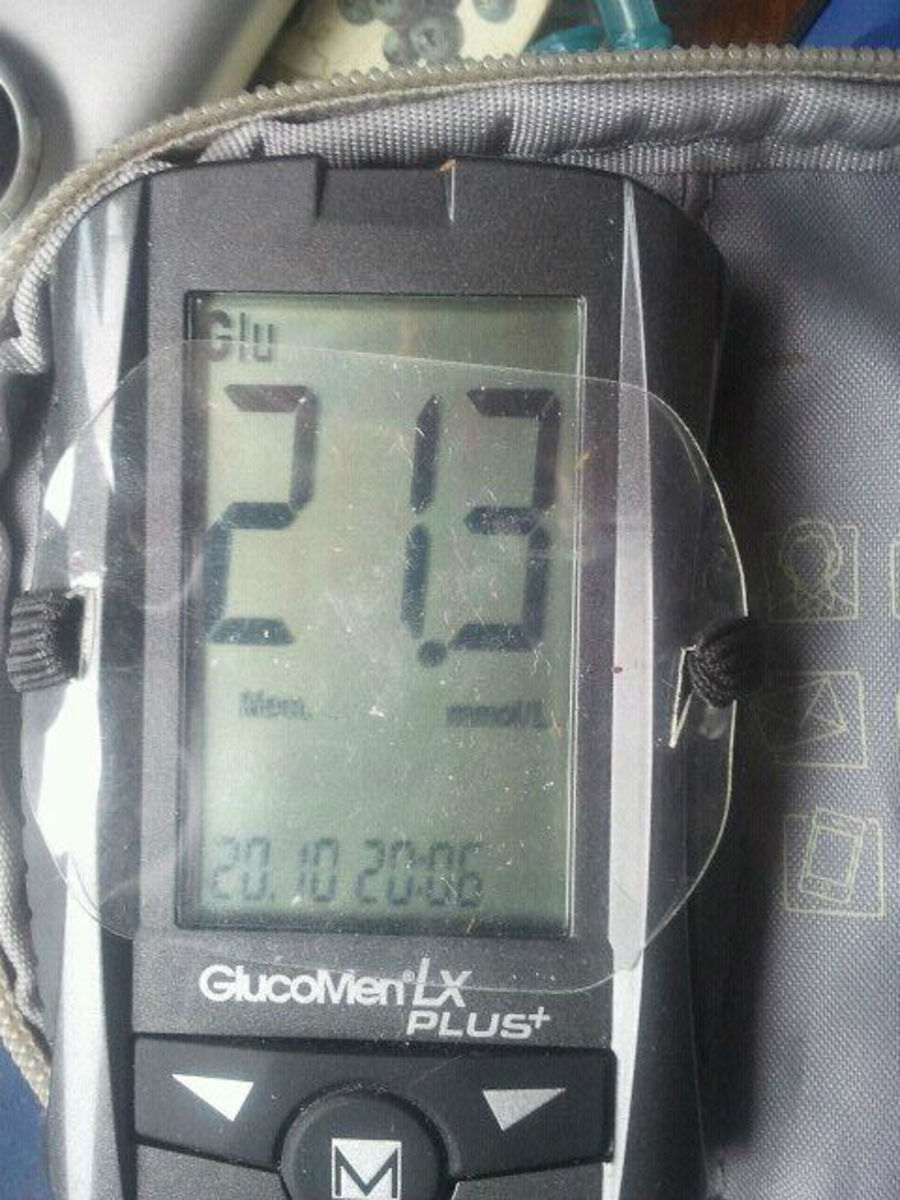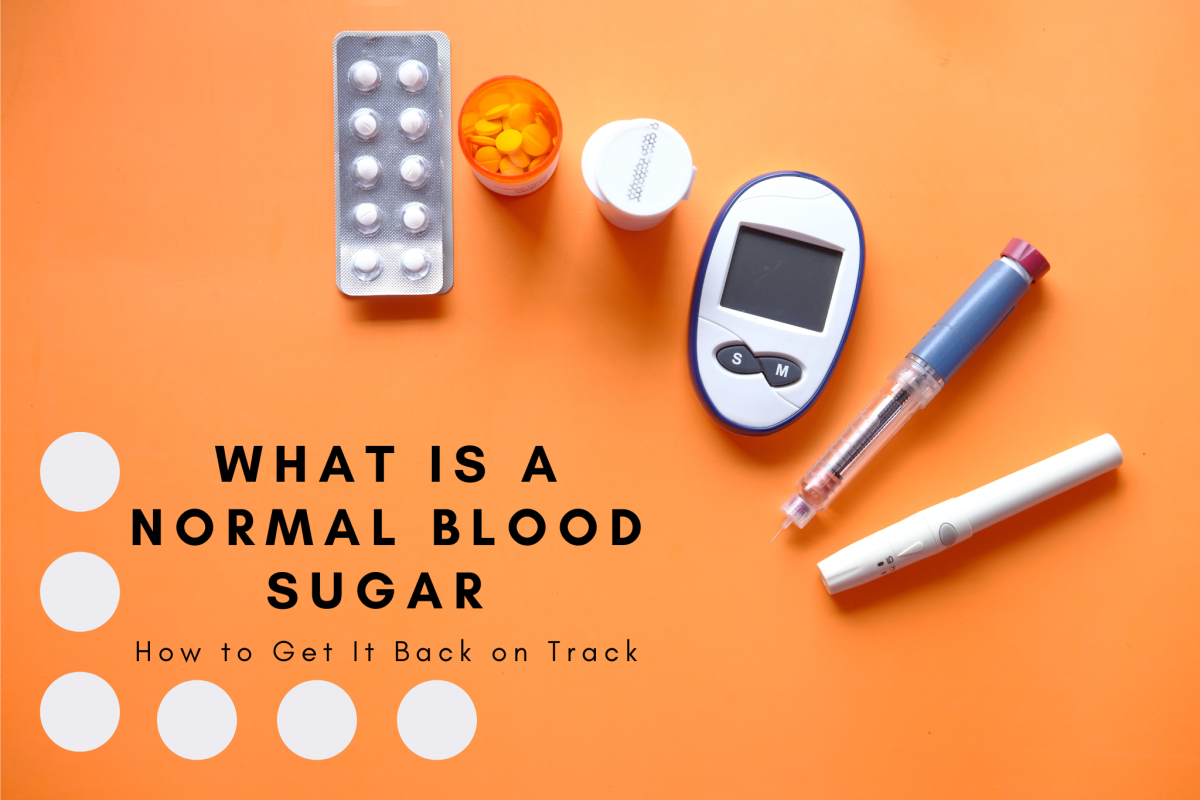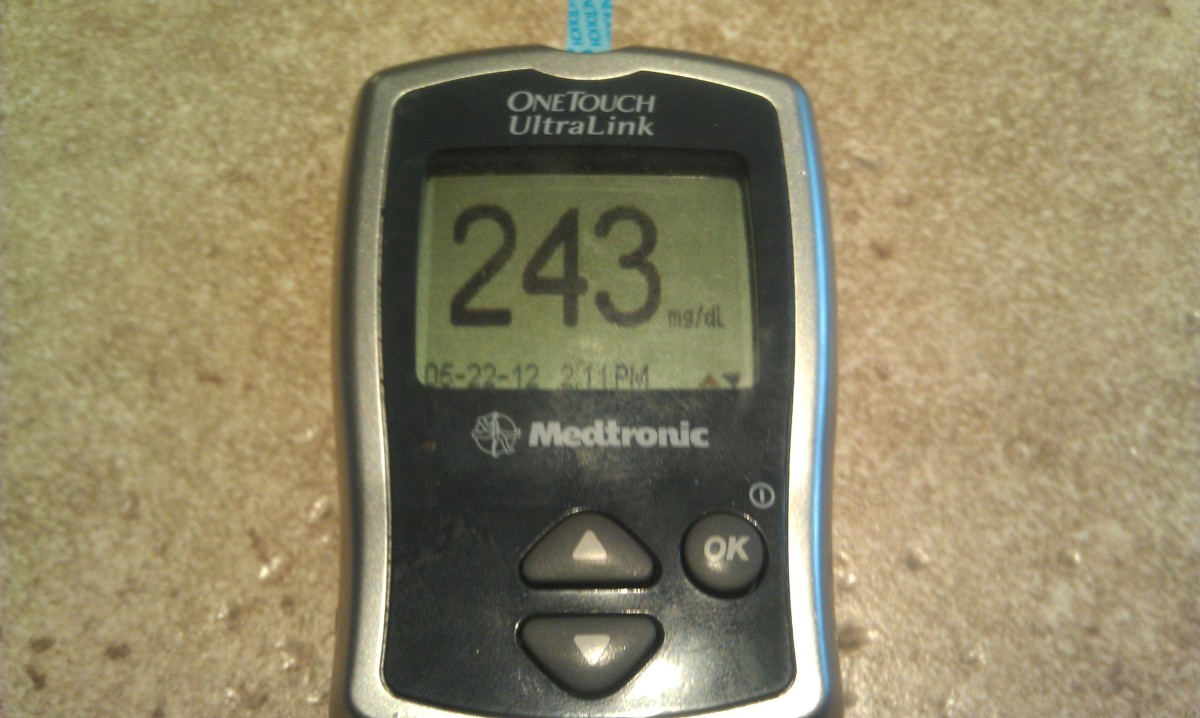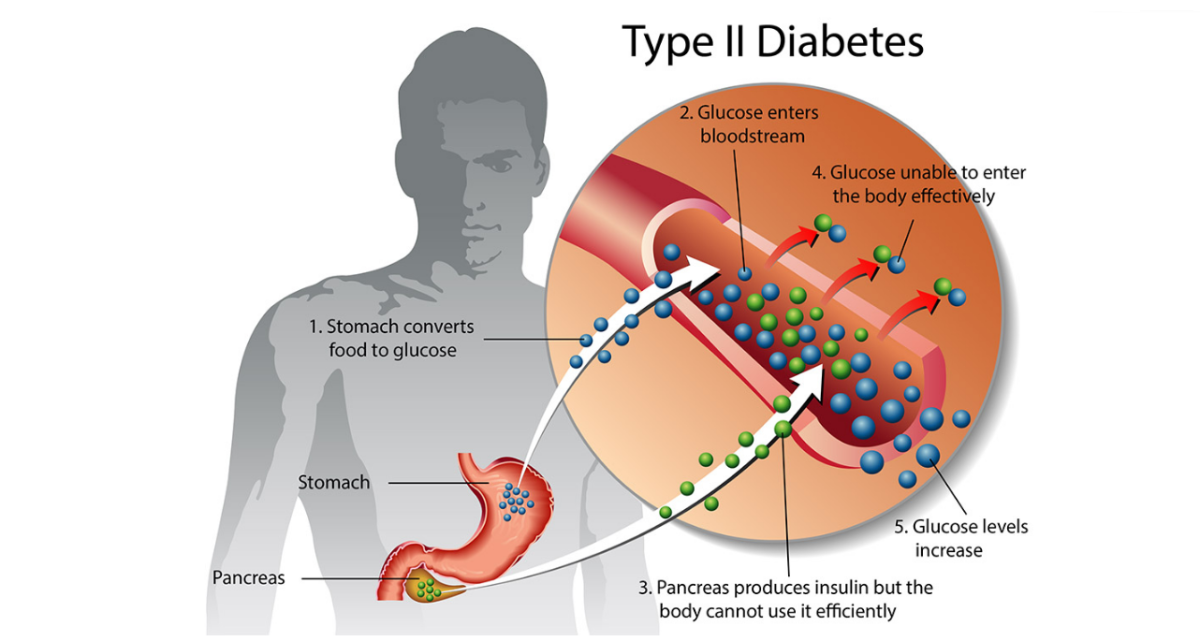Healthy Diet for Women with Gestational Diabetes
What is Gestational Diabetes
Because there are many hormonal changes in a woman's body during pregnancy, it's not uncommon for many women to develop diabetes during pregnancy. Basically, with the changes of the body, the blood sugar levels rise, which causes diabetes.
Because of the hormonal changes in the body while pregnant, there is an increased level of certain hormones that can interfere with the body's ability to manage the glucose levels. These hormones can cause the glucose to remain in the bloodstream versus pair it with insulin, which causes the pancreas to produce more insulin because of the unused glucose in the body.
As the baby grows larger in the womb, more hormones are produced, which can cause insulin resistance, because the demand for insulin becomes too great. The pancreas cannot produce enough insulin, and the body ends up with more glucose in the blood than what it really needs. With the increased sugar levels, gestational diabetes has developed.
If you develop gestational diabetes, you want to get it treated, as if left untreated, you and your baby may develop other problems. It can also case premature delivery because the baby will produce too much insulin and gain a lot of weight.
If you develop diabetes while you're pregnant, your baby won't necessarily have diabetes. This is a condition affecting you, not predisposing your child to the illness, and after you give birth, your blood sugar levels will return back to normal. Just keep in mind, that if you do develop gestational diabetes, you may be at higher risk for Type 2 diabetes later on.
Gestational Diabetes Books

Signs of Gestational Diabetes
You may not even know that you have gestational diabetes, but there are some women who know something is wrong. Typically, the signs of gestational diabetes include excessive weight gain, excessive hunger, excessive thirst, excessive urination, or recurrent vaginal infections.
If you experience any of the symptoms of diabetes while you are being pregnant, you want to ask your doctor to run a blood test so that you can go ahead and be properly diagnosed so that you can continue with a healthy pregnancy.

Gestational Diabetes Diet
If you are one of the 5 to 7% of pregnant women who has developed gestational diabetes, you want to be very careful of what you eat. You can better manage the diabetes if you watch what you eat, as some foods will naturally increase or decrease the blood sugar levels.
You will find that the most important aspect of your diet is going to be controlling and monitoring your carbohydrates, as they are high in starch and sugar. Carbs have a huge impact on blood sugar levels because they break down into sugars during digestion, so you want to watch how many carbohydrates you eat and at what times of the day.
You also want to just eat healthier, try to follow the following tips for eating healthier while pregnant.
- Eat 3 small meals and 2-3 snacks at the same time each day. Do not skip a meal, as this can affect your blood sugar levels.
- Eat fewer carbs during the morning hours because your insulin resistance sill be the greatest.
- Try to consume a consistent amount of carbohydrates each day, spreading it throughout your meals and snacks.
- Try to consume consistent calories with each meal and snack.
- If you suffer morning sickness early in the morning, eat about 1-2 servings of crackers, cereal, or pretzels before getting out of bed. Also try to reduce your fatty, fried, and greasy foods throughout the day to help reduce your morning sickness.
- You can supplement fewer carbohydrates for more proteins in the morning to help balance your glucose levels.

- Eat high fiber foods, such as whole-grain bread, pasta, rice, fruits, and vegetables.
- Eat low-sugar and low-fat foods.
- Drink at least 8 cups of water, juice, or some liquid a day.
- Take your prenatal vitamins and daily. You may need to consider other supplements, but ask your doctor first, as there are some herbs that you should not take while pregnant.
- Consume at least 4 servings of dairy and calcium-rich foods a day to equal around 1200 mg of calcium a day.
- Be careful drinking excessive glasses of milk, as milk is a simple sugar that can raise your blood sugar levels. If you regularly drink 2-3 glasses a day, try reducing that number and finding an alternative source of calcium.
- Consume at least 3 servings of iron-rich foods a day to equal about 30 mg of iron.
- Consume at least 1 source of Vitamin C (orange, grapefruit, honeydew, strawberries, broccoli, green peppers, tomatoes), folic acid (dark leafy green, veal, legume, or fruit), and Vitamin A (turnip greens, sweet potatoes, spinach, pumpkin, apricots, cantaloupe, carrots) a day.
- Have a snack of a simple sugar carbohydrate before bed to help prevent your blood sugar levels from dropping to low. Try eating a few cookies, a slice of white bread with jam or honey, or a small scoop of ice cream.
- Do not drink any alcoholic beverage while pregnant!
- Limit your caffeine consumption to no more than 300 mg a day.
- Limit your consumption of soda, fruit juice, flavored teas, and most desserts, as they contain simple sugars that can quickly increase your blood sugar levels.
It is very important that if you have gestational diabetes, you eat a very varied diet. You want to be able to get all the nutrients you need to run your body as well as form a healthy baby.
Meat, Fish, Poultry (2-3 servings)
- 2 ounces cooked lean meat, fish or poultry
- 2 ounces of cheese
- 2 eggs or the equivalent in egg substitutes
- 1 cup cooked dried beans or peas
- 2 tbsp peanut butter
- 1/4 cup tofu (bean curd)
Fats and Oils (about 5-8 tsp/day)
- Vegetable oil (olive, canola or peanut oils)
- Tub margarine
- Fat-free or low-fat salad dressing
Sweets and Snacks (limited)
- Peanut butter and crackers
- Cheese and crackers
- Vanilla wafers
- Plain popcorn, pretzels
Free Foods
- Raw vegetables
- Diet soda
- Sugar-free gelatin
- Sugar-free syrup
- Low-sugar jelly
- Sugar-free candy and gum
- Unsweetened popsicles
Foods to Lower Blood Sugar
Breads and Grains (6-11 servings)
(Breads should be whole-grain)
- 1 slice of bread
- 1/2 bagel or English muffin
- 1 plain rice cake
- 6 cracker
- 3 graham crackers
- 3/4 cup ready-to-eat cereal
- 1/2 cup pasta or rice
- 1/2 cup corn
- Small plain baked potato
- 1 small pancake
- 1 6-inch tortilla
Fruits and Vegetables (2-4 servings)
- 1 piece of fresh fruit
- 1 melon wedge
- 1/2 cup fruits (cooked, thaw, unsweeten can)
3-5 or more vegetable servings
- 1/2 cup cooked or canned vegetables
- 1 cup chopped, uncooked or frozen vegetables
Dairy (4 servings)
- 1 cup low-fat milk
- 1 cup soy milk
- 1 cup low-fat unsweetened yogurt
- 1 1/2 ounces of cheese
- 1/2 cup low-fat cottage cheese
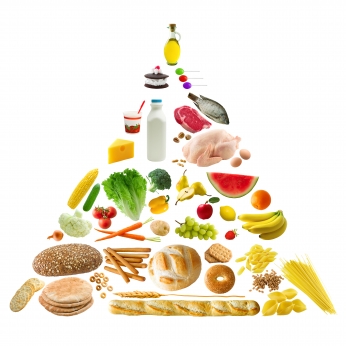
Disclaimer: Please be aware that the advice in
this article should in no way replace that of a licensed physician. If
you have any questions, please consult your
doctor so that you can determine your diagnosis and the best treatment.

